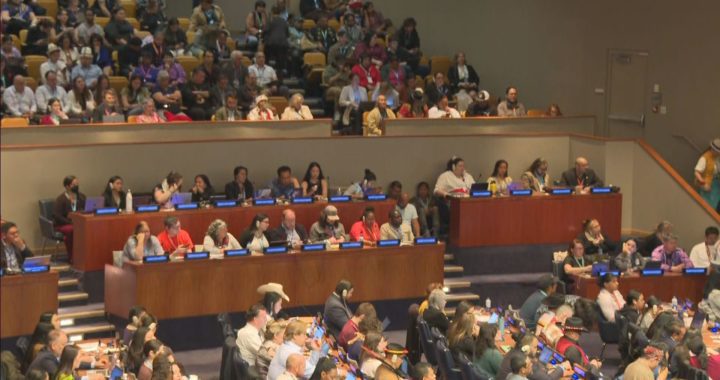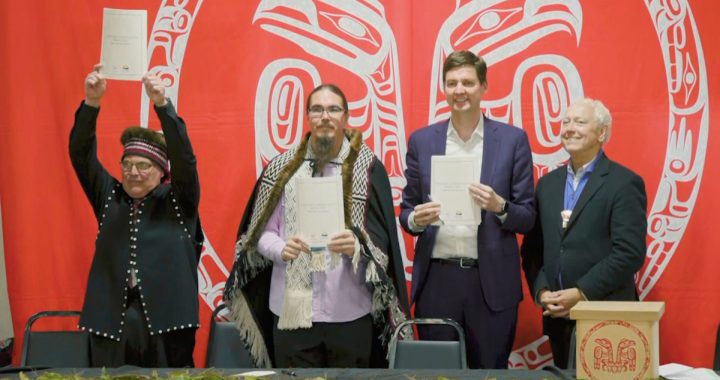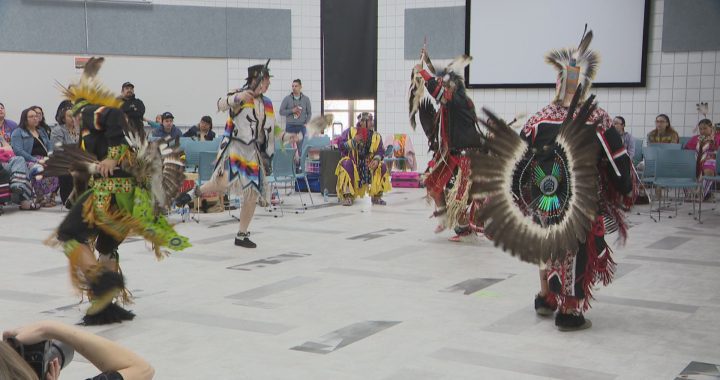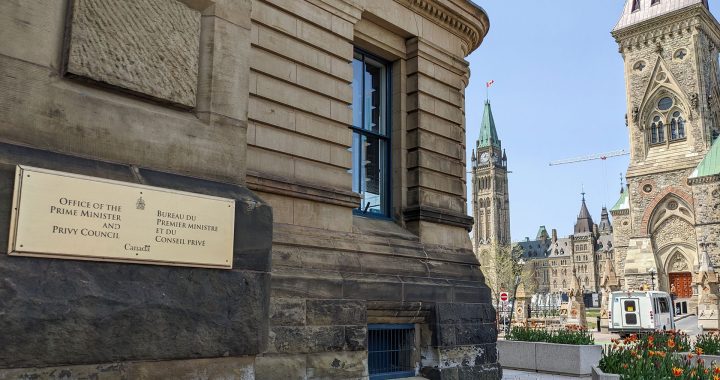Canada’s Minister of National Defence Harjit Sajjan announced Monday that the military is ramping up its operational preparedness in case it’s needed to aid remote communities struggling with COVID-19.
Mobilizing 24,000 troops represents about a quarter of the entire force and would be one of the largest peacetime mobilizations in Canadian history.
Those on standby include 10 Canadian Army units as well as Navy ships and Air Force aircraft and crew.
According to Sajjan, Canadian reservists and rangers are also being brought into service.
“These flexible teams are capable of operating as local response forces to assist with humanitarian support, wellness checks, natural disaster response and other tasks as required,” Sajjan said during a news conference with Prime Minister Justin Trudeau’s COVID-19 response committee.
“I also want to emphasize that particular attention was given to Indigenous and northern and Arctic communities.”
Sajjan was asked whether his department had responded to a request for military aid by the Long Point First Nation in Quebec to help enforce its confinement rules.
Long Point is located 630 km northwest of Montreal.
In a release sent out Monday, Chief Steeve Mathias said he has contacted both the federal government and province of Quebec for help controlling access to the community and ensuring that people there follow the strict self-isolation rules.
“Long Point is being left to its own devices. This is unacceptable and intolerable. The governments must assume their responsibilities and come help us deal with this crisis that is affecting us all and forcing us to take exceptional measures to ensure the health and safety of our members,” Mathias said.
Sajjan said there are a number of communities that have reached out to the Canadian government.
“We are in touch with many remote communities, especially Indigenous communities and the chief of defense staff has planning kind of early measures of what we can do,” he said.
The crews of two Royal Canadian Navy vessels were ordered to sequester in a Halifax hotel for two weeks as part of the preparation for any response.
Rear-Admiral Craig Baines, commander of Maritime Atlantic Forces, ordered sailors from HMCS Ville de Quebec and HMCS Moncton as well as the crew of a maritime helicopter detachment to sequester to ensure they are clear of the respiratory illness.
Efforts are underway to find an appropriate hotel, Baines said in a letter to sailors and their families, adding the sequestration won’t begin until April. After two weeks, the vessels and helicopter will head out to sea where they will be ready to respond to a domestic emergency as needed.
“This option gives us the best chance of avoiding a community spread within one of the ships should someone have contracted the virus at the last minute due to natural family interactions,” he said in his letter.
“I recognize this decision will be very challenging for our sailors and their families. In many ways, it will be like they have left on deployment, while in reality they will be very close by.”
The U.S. Navy has seen COVID-19 infections on two of its nuclear-powered aircraft carriers over the past week, where close quarters have allowed the illness to spread like wildfire among the crew.
Baines could not say how long the Ville de Quebec and Moncton would remain at sea, suggesting it would largely depend on the pandemic.
The sequestration order came as the federal government promised the military is ready to respond should a formal request for assistance come from a province, territory or municipality, whether it is to help with COVID-19 or a natural disaster such as a flood.
The minister added that the government has been in touch with some remote communities to assess their needs. The military has in recent years provided assistance, including evacuations due to flooding and forest fires, to Indigenous communities and others in the north.
The military said it is on a war footing by telling them to stay healthy and be ready to respond. He also asked members who were in the process of voluntarily leaving the Forces to reconsider and encouraged veterans to rejoin.
Meanwhile, military commanders have been working to be ready to help with COVID-19 at the same time as they could also be asked to respond to natural disasters, with many communities across Canada having experienced extreme springtime flooding over the past few years.
With files from the Canadian Press









